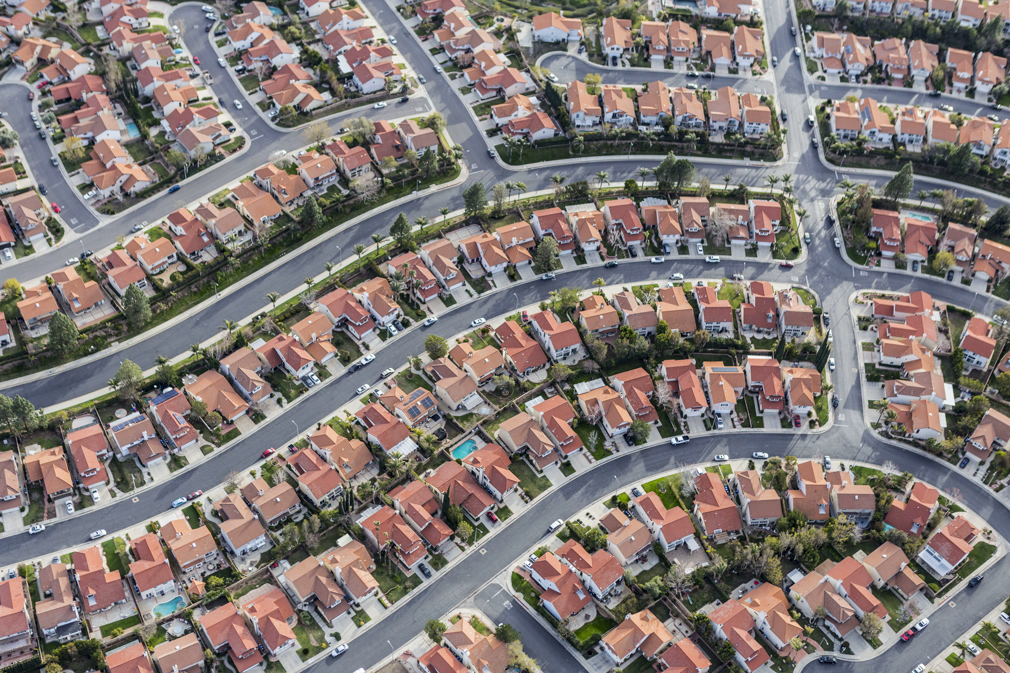U.S. existing-home sales fell in January, declining 1.3% from the previous month’s pace, according to the National Association of Realtors.
Total existing-home sales – completed transactions that include single-family homes, townhomes, condominiums and co-ops – rose to a seasonally adjusted annualized rate of 5.46 million. This means sales are 9.6% above January 2019’s rate.
Despite January’s home sales decline, Lawrence Yun, NAR’s chief economist said 2020’s outlook remains promising.
“Existing-home sales are off to a strong start at 5.46 million,” Yun said. “The trend line for housing starts is increasing and showing steady improvement, which should ultimately lead to more home sales.”
In January, total homes available for sale came in at 1.42 million, up 2.2% from December, but down 10.7% from 2019’s rate of 1.59 million.
There was a 3.1-month supply of unsold inventory at the current sales pace, up from 3 in December and down from 3.8 in January 2019. Properties stayed on the market an average of 43 days in January, rising from 41 days in December but down from 49 days in 2019. During the month, 43% of homes stayed on the market for less than a month.
According to NAR, the median price for an existing home was $266,300, a gain of 2.2% from 2019’s rate of $249,400. This marks the 95th straight month of year-over-year gains.
First-time buyers comprised 32% of sales in January, up from December and January 2019’s rate of 29%. NAR revealed that the annual share of first-time buyers held steady at 33%.
Yun said the nation’s first-time buyers are slowly beginning to step into the market.
“The rise in the homeownership rate among the younger adults, under 35, and minority households means an increasing number of Americans can build wealth by owning real estate,” Yun said. “Still, in order to further expand opportunities, significantly more inventory and home construction are needed at the affordable price points.”
Single-family home sales decreased from a seasonally adjusted annual rate of 4.91 million in December to 4.85 million in January, which is 9.7% below 2019’s rate. The median existing single-family home price was $268,600 in January, increasing 6.9% from 2019’s rate.
Existing condominium and co-op sales recorded a seasonally adjusted annual rate of 610,000 units in January, which is down 1.6% from December’s rate but up 8.9% from 2019. The median existing condo price was $248,100 in January, rising 5.7% from the previous year.
Here’s a regional breakdown of the nation’s existing-home sales:
- Existing-home sales in the Northeast grew 7.4% from the prior month’s rate to an annual rate of 730,000, which is up 7.4% from 2019. The median price in the Northeast increased by 11.5% from January 2019 and came in at $312,100.
- In the Midwest, existing-home sales grew from the previous month’s pace by 2.4%, coming in at an annual rate of 1.29 million, which is up 8.4% from January 2019’s level. The median price in the Midwest was $200,000, increasing 5.4% from last year.
- Southern existing home sales increased by 0.4% to an annual rate of 2.38 million in January, up 11.7% from 2019. The median price in the South climbed to $229,900, rising 6.3% from January 2019.
- Existing-home sales in the West decreased by 9.4% to an annual rate of 1.06 million in January, which is an 8.2% rise from 2019’s rate. The median price in the West was $393,800, increasing 5.2% from this time in 2019.






